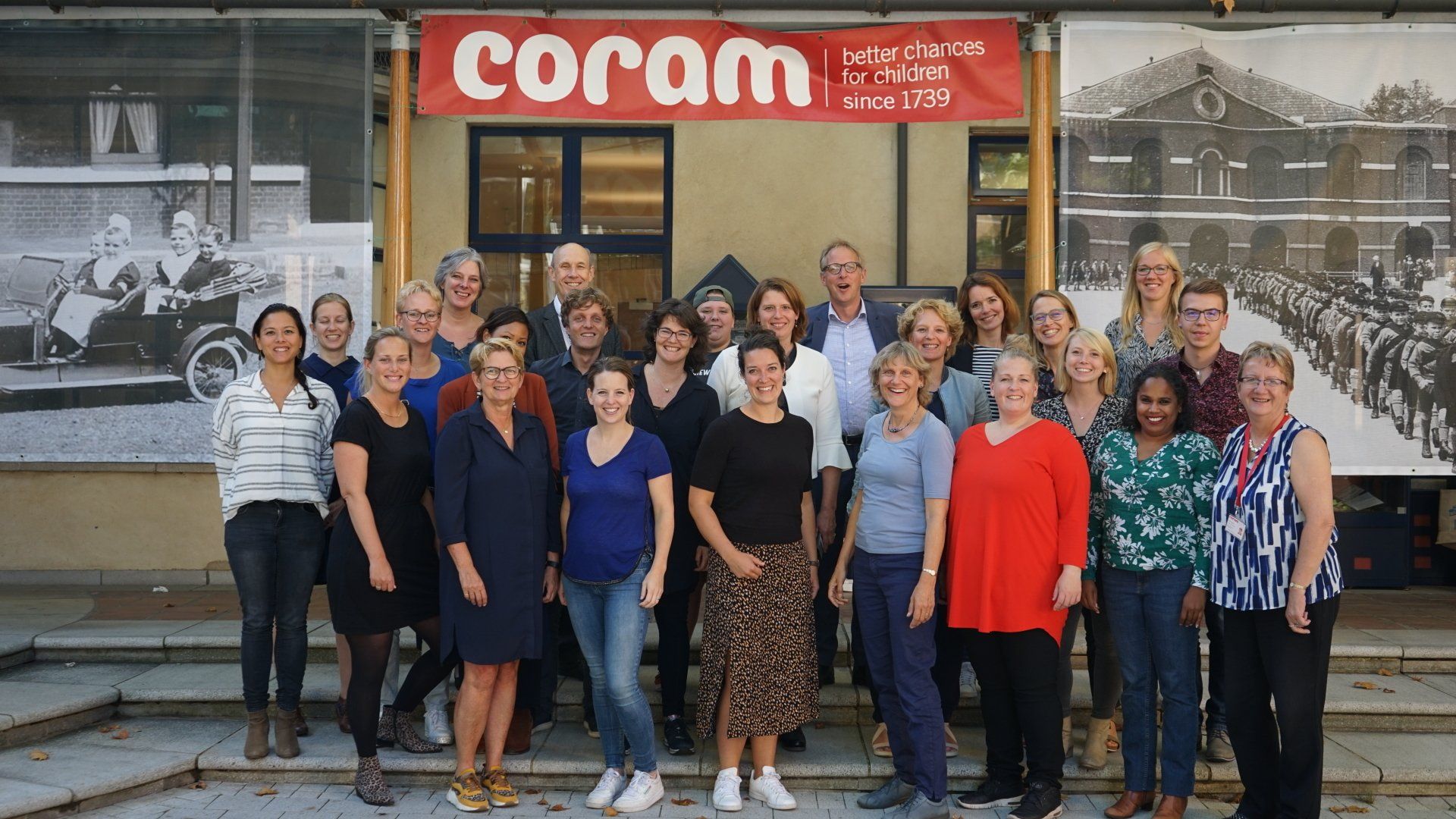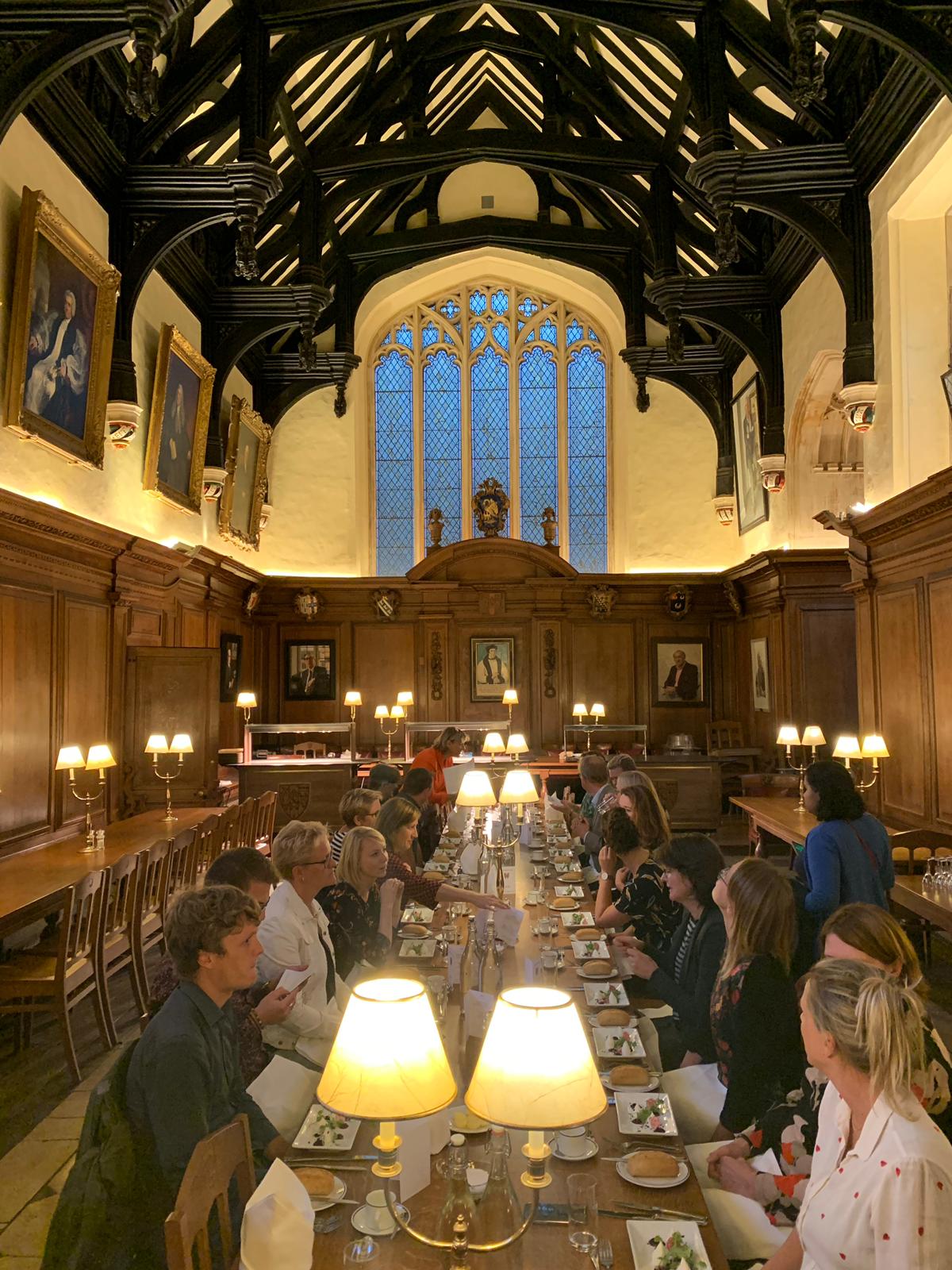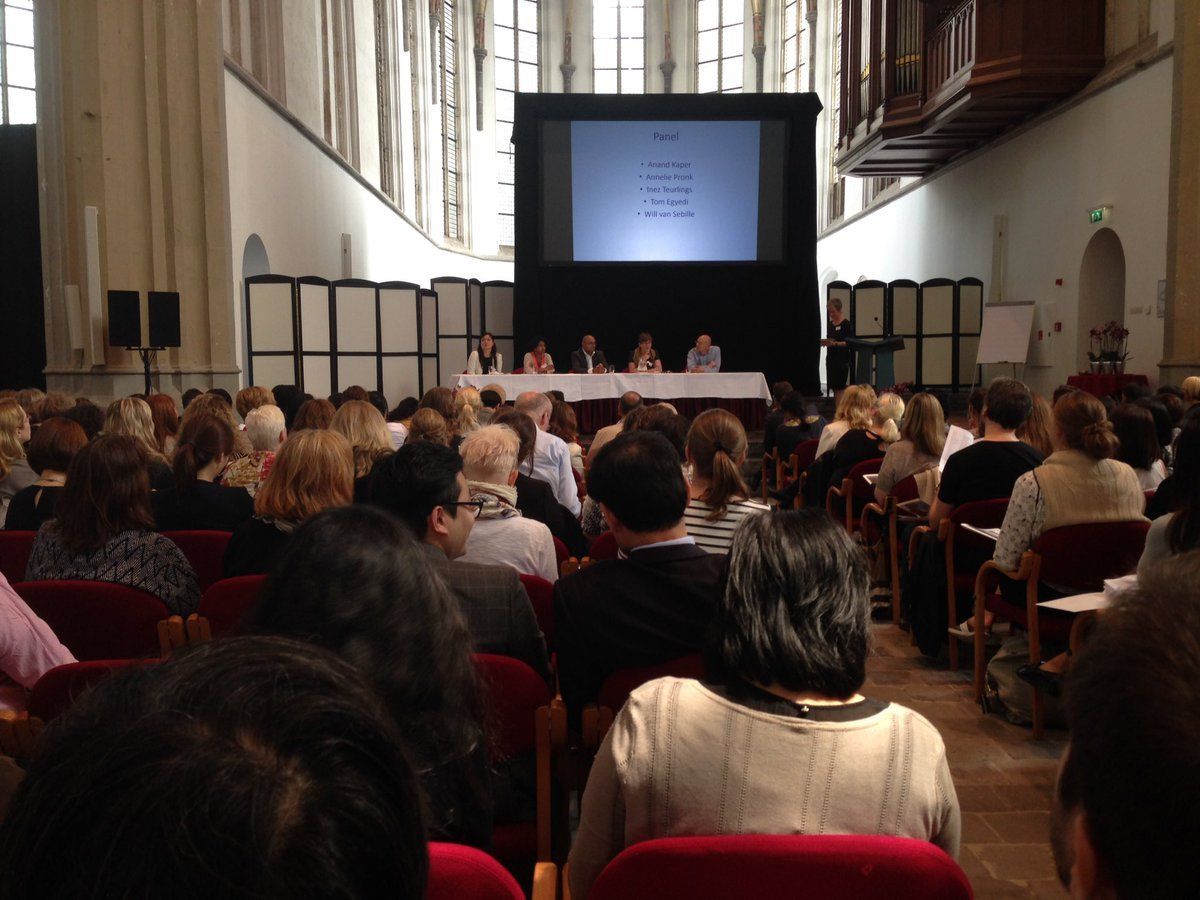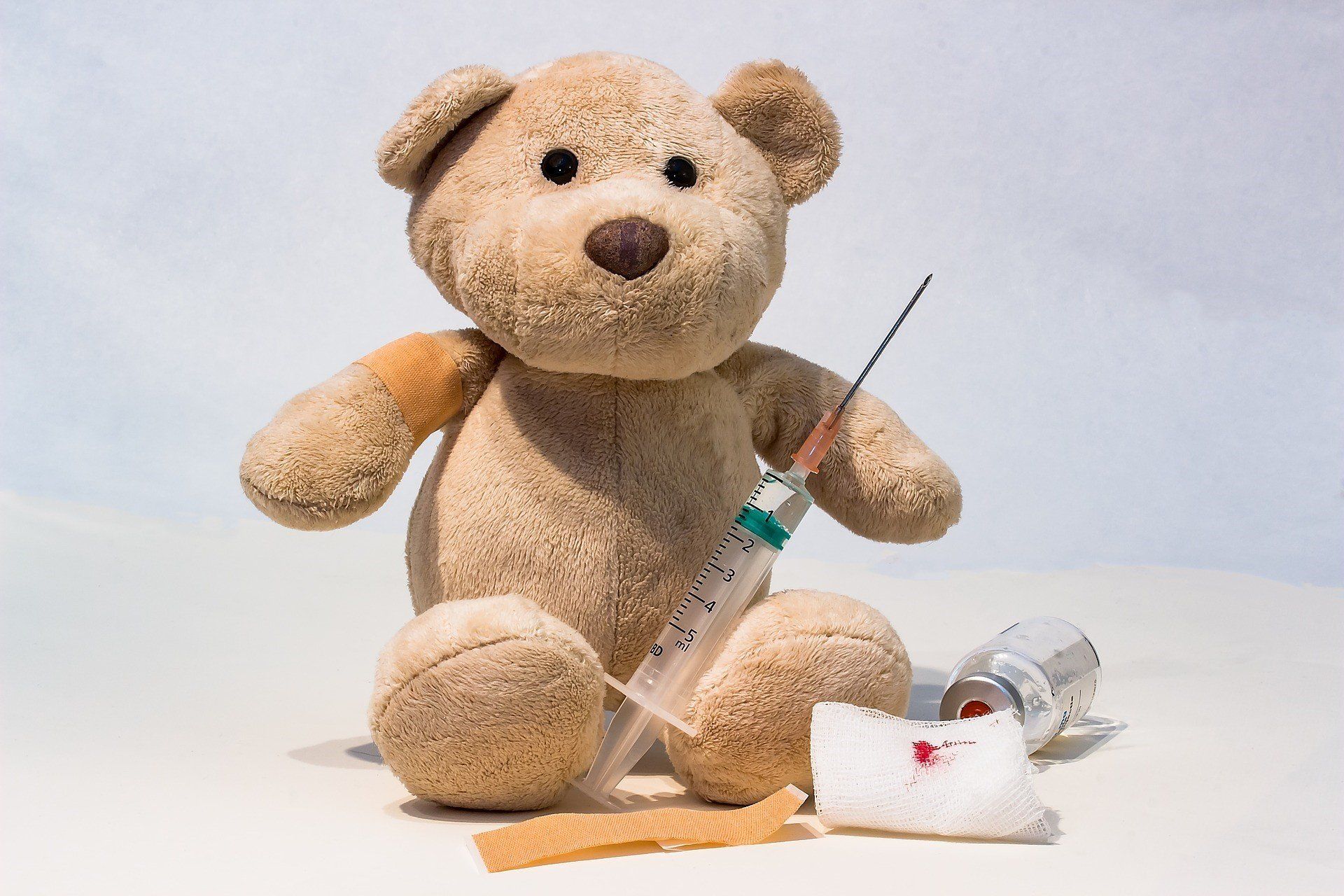Organisatie conferenties, studiedagen en studiereizen
Vanuit ADOC, als vertegenwoordiger van Nederland bij EurAdopt en vanuit het Kennisbureau
- Studiereis naar de UK voor inspiratie tbv stabiliteit in pleegzorg in Nederland.
- EurAdopt conferentie 2016, Utrecht
- Studiedag Special Needs adopties, Universiteit Leiden
- Medeorganisator ICAR4 Leiden
Studiereis vanuit Kerngroep Actieplan Pleegzorg
18-20 september 2019
Door de indrukwekkende publicaties vanuit Engeland over de mogelijkheden van stabiliteit in uithuisplaatsingen, over pleegzorg en initiatieven binnen pleegzorg, was het mijn droom om beleidsmakers in Nederland een keer kennis te laten maken met inspirerende voorbeelden vanuit Engeland. Vanuit de Kerngroep van Actieplan Pleegzorg en in samenwerking met de NVP konden we september 2019 deze studiereis organiseren voor 21 beleidsmakers, pleegzorgprofessionals, wetenschappers en pleegjongeren. CoramBAAF in London en het Rees Center in Oxford lieten ons kennis maken met de pleegzorgpraktijk en inspirerende voorbeelden in Engeland. We maakten een online magazine over de inzichten, ervaringen en lessen uit deze reis.
Over de thema’s uit de reis en de geleerde lessen die toepasbaar zijn in de Nederlandse praktijk gaat het online magazine dat we maakten over de studiereis. Bekijk het magazine via de link hieronder!
Blog Inspiratie voor permanentie in pleegzorg over de achtergrond van de reis
Blog Kindgericht beleid over de reis
EurAdopt Conference Utrecht, 1 & 2 juni 2016.
The Relevance of Adoption.
Improving life for children who cannot live with their family
Georganiseerd door de Nederlandse EurAdoptleden, waarbij ik als landenvertegenwoordiger van Nederland in EurAdopt een van de organisatoren was.
Omdat we specifiek de stem van de geadopteerden wilden laten horen, heb ik voor deze conferentie op verzoek van EurAdopt het onderzoek naar Tevredenheid van volwassen geadopteerden gedaan en tijdens de conferentie gepresenteerd.
This conference was about adoption and described the contemporary environment in which intercountry adoption is used as an option for children who cannot live with their biological family. The purpose of this conference was to discuss adoption together with the adoption triad.
Therefore adoptees, adoptive parents and birthparents had an important active role in the program. The presentations from both practice and academic research, combined with the interactive sessions aimed to challenge and enrich the perspectives of the participants of the Conference.
In the Netherlands many adoptees are adult, empowered, and united in organizations. Therefore, next to presentations by scientists and experts from the adoption practice, the voice of the adoptees was present in a number of ways during the conference. Adoptees talked about the effects of adoption, in four panel sessions they discussed outcomes together with a birth parent and an adoptive parent. Over sixty posters with phrases and illustrations made by adoptees and adoptive parents on adoption decorated the conference room. Chairwoman Annette Goltstein regularly engaged the conference participants in discussions and both critical and content adoptees shared their points of view. The presence of birthmothers was highly appreciated by the conference participants.
Specifically for this conference a vast internet survey was conducted among adult adoptees in the Netherlands, in which they were asked how satisfied they are about adoption and how they are doing. The survey has been completed by over 1,200 adoptees in the age of 18 - 55 years, in this way giving an ‘inside view’ into the relevance of adoption. The majority of the adoptees turned out to be satisfied with their life and their adoption – with even higher average satisfaction than the average Dutch population. This does not mean that there are no issues bothering the adoptees. This was seen for 6-10% of the adoptees and was reflected in the discussions. The survey showed that for the satisfaction of life feelings around relinquishment and adoption, discrimination issues and a good feeling about the adoptive family were the most important factors.
Special Needs - Speciale Kansen bij Adoptie
ADOC Studiemiddag 12 december 2014
Een groot deel van de huidige interlandelijke adopties zijn medische Special Needs adopties, adopties van kinderen met een medische aandoening. Maar in hoeverre heeft zo’n special need invloed op het verder opgroeien van een geadopteerde en wat vraagt zo’n Special Need extra van ouders en hulpverlening? Hierover gaat deze studiemiddag.
De studiemiddag is georganiseerd rond het bezoek van de wereldwijd expert van Special Needs adopties, professor dr. Laurie Miller MD, Tufts Medical Center, USA en is primair gericht op professionals en beleidsmakers in het veld van adoptie, maar kan ook gevolgd worden door betrokkenen. Professor Millers lezing is in het Engels, de overige presentaties in het Nederlands.




